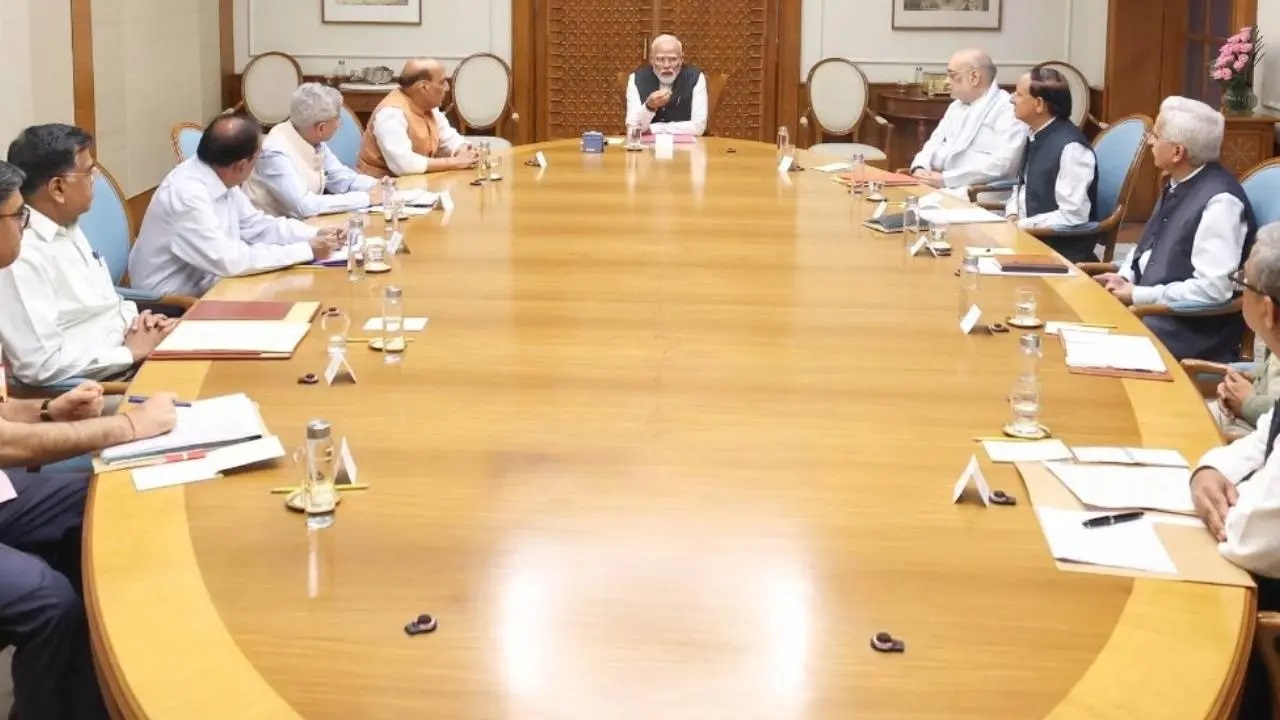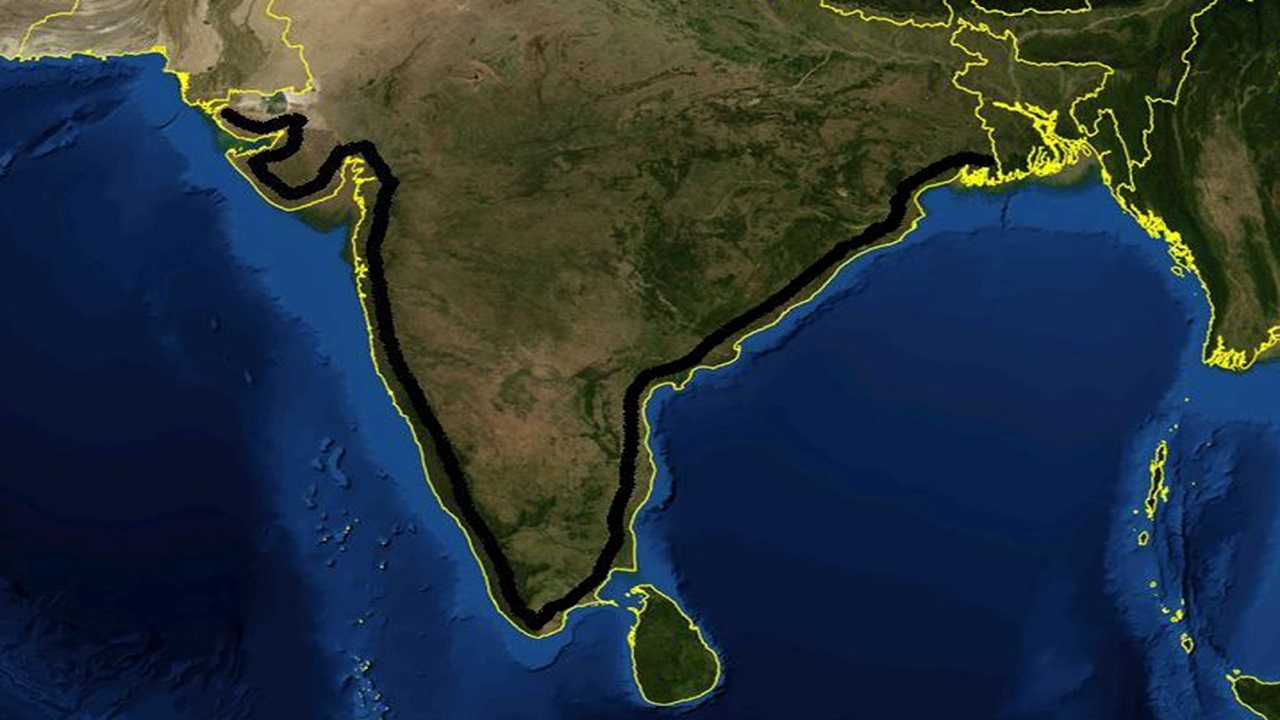Cabinet Committee on Security(CCS) : Safeguarding India's Sovereignty
Context
In response to the recent terrorist attack in Pahalgam, Jammu and Kashmir, the Prime Minister convened an urgent meeting of the Cabinet Committee on Security (CCS) at his residence. The attack, seen as a major threat to India's internal security and sovereignty, necessitated immediate strategic and diplomatic decisions.
Such high-level meetings signify the critical role of institutional mechanisms in addressing national security challenges in real time.
Cabinet Committees and the CCS
Cabinet Committees are extra-constitutional bodies, meaning they are not mentioned in the Constitution of India. They are constituted under the Transaction of Business Rules, 1961 to streamline governance and decision-making in vital areas.
The Cabinet Committee on Security (CCS) is the apex body responsible for:
-
Making decisions on national security, internal law and order, and defence expenditure.
-
Addressing urgent concerns related to external security and strategic policies.
-
Deliberating on matters of atomic energy.
The CCS also plays a crucial role in major appointments within the national security architecture.
Composition of the CCS
The composition of the CCS is as follows:
-
Prime Minister (Chairperson)
-
Defence Minister
-
Home Minister
-
Finance Minister
-
External Affairs Minister
Additionally, depending on the situation, the Chiefs of the Armed Forces, senior bureaucrats, and the National Security Advisor (NSA), presently Ajit Doval, attend and assist in discussions.
The Cabinet Secretariat is responsible for maintaining the records of all CCS meetings.
Past Instances of CCS Meetings
The CCS has historically been activated during:
-
India-Pakistan wars of 1965 and 1971
-
Kargil Conflict, 1999
-
Kandahar hijacking, 1999
These instances underline the CCS's critical role during periods of national crisis.
Recent Decisions by CCS After Pahalgam Attack
Following the attack, the CCS announced a series of tough measures:
-
Suspension of Indus Waters Treaty (1960):
India will hold the treaty in abeyance until Pakistan credibly and irreversibly stops supporting terrorism. -
Closure of Integrated Check Post at Attari:
The Attari-Wagah border will be closed immediately, halting cross-border movement. -
Suspension of SAARC Visa Exemption Scheme (SVES):
Special visa exemptions for South Asian nations under SVES will be suspended. -
Diplomatic Measures:
-
Defence, Naval, and Air Advisors in the Pakistani High Commission in New Delhi are declared Persona Non Grata and given a week to leave India.
-
India will also withdraw its Defence, Navy, and Air Advisors from the Indian High Commission in Islamabad.
-
Five support staff related to the defence advisors will be withdrawn.
-
The strength of both High Commissions will be reduced from 55 to 30 personnel.
-
Significance of the CCS Response
The CCS's swift and decisive action reflects:
-
India's firm zero-tolerance policy towards terrorism.
-
Increasing importance of national security in foreign policy.
-
Strategic use of water diplomacy as a pressure tool.
-
Assertion of India's sovereign right to safeguard internal peace and stability.
-
Setting a precedent for a tough diplomatic posture in the future against state-sponsored terrorism.
The developments also highlight the need for continuous evolution of India's security mechanisms in the face of emerging hybrid threats.
"The price of freedom is eternal vigilance." — Thomas Jefferson
Source : The Hindu




Comments (0)